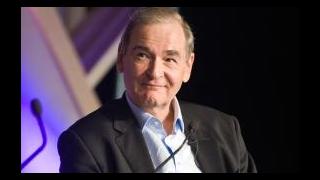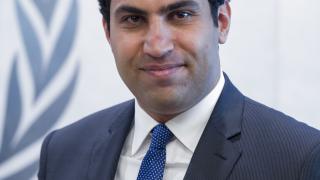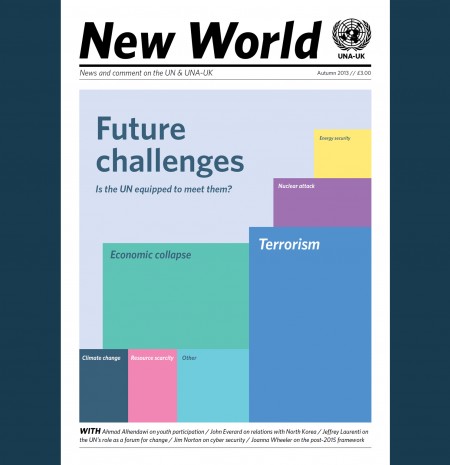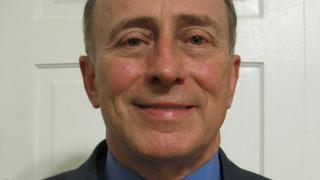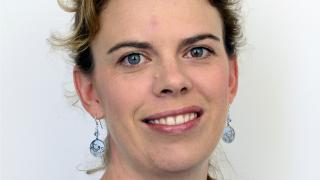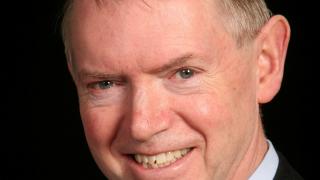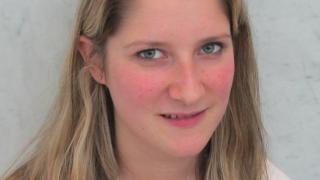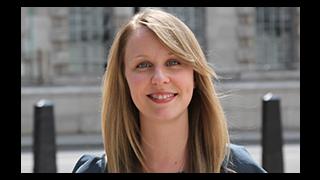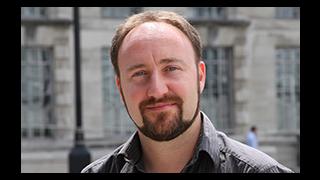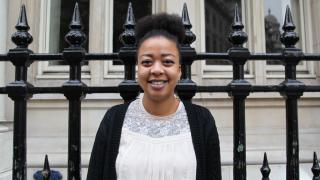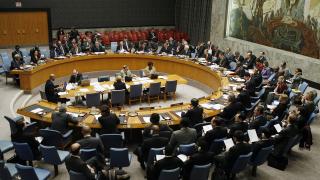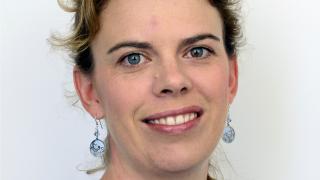
In September, the world’s leaders, governments’ representatives to the UN and representatives from civil society from many countries converged on New York for a Special Event on the future global framework that will replace the Millennium Development Goals (MDGs) in 2015. Nearby, civil society organisations talked about how to get the voices of the poorest and most marginalised through the barriers that cordon off the UN Plaza and into the post-2015 process.
The barriers are not only physical – in many ways the entire process of consultations and surveys is set up to keep those perspectives from having any real weight. There is no formal system of accountability where the people who are most affected can challenge the decisions made about global development. Yet the success and legitimacy of the post-2015 framework will rest on the extent to which it provides for their meaningful participation.
While there are success stories about how the MDGs have been achieved, these are not often the stories told by the world’s poorest and most marginalised. Development interventions can often have unintended consequences: a village built to house indigenous people in Mexico sits abandoned because of the poor quality structures and the lack of viable livelihoods.
The poorest and most marginalised people have not been reached because of prevailing inequalities, including economic inequality (the lack of sufficient income), geographic inequality (many live in precarious conditions without land rights) and identity-based inequality (for example, gender-based discrimination is pervasive).
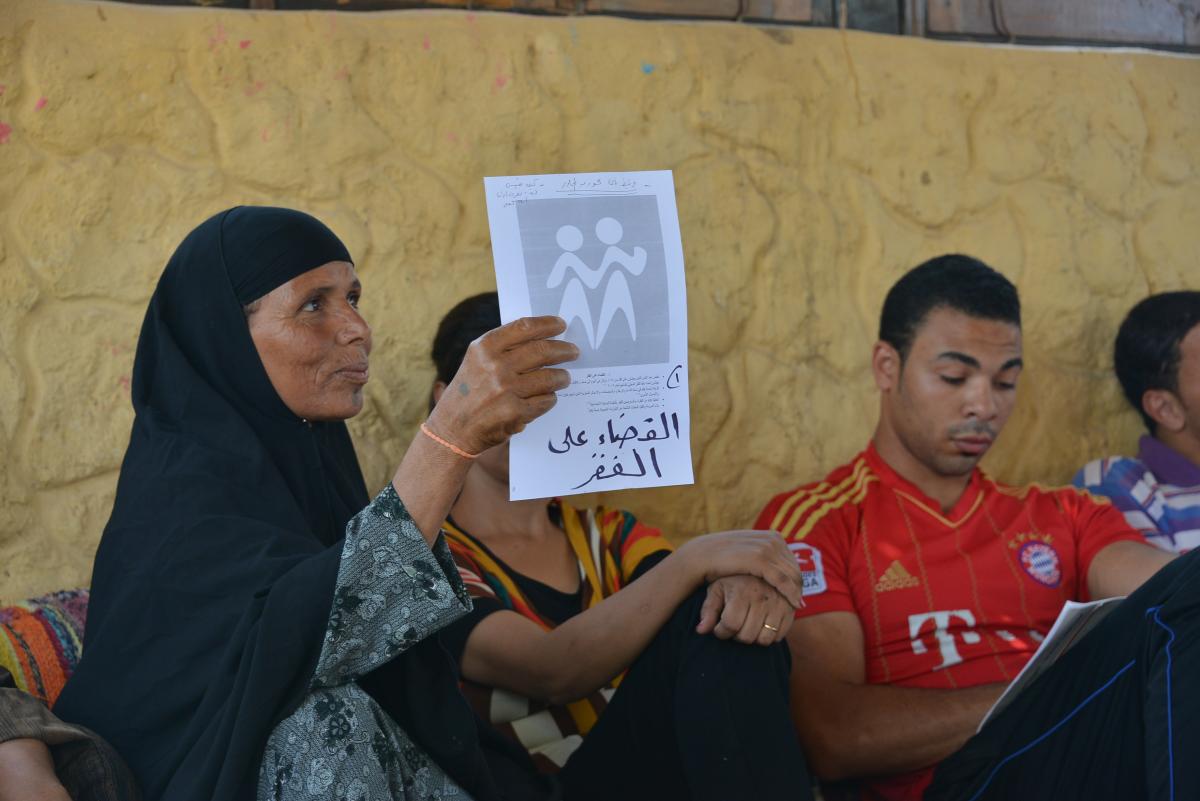
These become entrenched in the lives of people living in poverty – and they mean that simple and one-dimensional solutions are inadequate. For example, in Ghana, providing places in school is of little use if children cannot attend because they spend much of their day walking ever-greater distances to get water due to drought.
The experience of poverty is also shaped by social norms and relationships of power that limit access to rights and services. For example, ‘city-makers’ in Chennai, India live on the streets, and are often unable to access services or their rights because they cannot secure formal identification. They are further discriminated against because they come from scheduled castes—making it more difficult for them to access dignified work or stable housing.
In order to understand how people have been left behind by the MDG approach, we need to understand what prevents people from making the changes that they are calling for, and how they think that these obstacles can be overcome. Research carried out by the Participate network in 29 countries shows that future development processes need a different approach in order really to reach those who are most often excluded. This vision for global development provides an important reality-check, and is based on the following.
- Rights and recognition for all Rights are foundational for recognition and dignity. Being treated with respect by family members, public officials and representatives of the state, and wider society helps people see themselves as citizens. As citizens, they are able to act to demand greater fairness and access to the resources they need.
- Inclusion, solidarity, collective action The most marginalised people experience discrimination within their families, in their communities and their wider society. Collective action is needed to address these problems, and that requires us to address the barriers that stop people coming together to mobilise effectively.
- Participation, accountability, democratic institutions Institutions that are democratic and accountable will respond to the demands of the poorest and most marginalised, and participatory approaches to decisionmaking can help ensure this happens.
- Services and policies that respond to the needs of the poorest Services and policies that effectively respond to the needs of the poorest people are holistic, long-term and have a focus on quality. Dignified livelihoods are a necessary element of their success.
It is not yet clear what the new global development framework will look like, and therefore it is even less clear how the perspectives, voices and decisions of those most affected by poverty and exclusion will be included in the process. The current paradigms of development aid are breaking down, and the emerging framework could set out new parameters that put people at its centre and give them a real say in the decisions that affect them.
Meaningful participation needs to start now while the framework is being set – and continue throughout the implementation, monitoring and evaluation stages. Without this, the post-2015 process will become just another top-down example of UN member states failing to address the most pressing problems of our time.
Joanna Wheeler is a Research Fellow at the Institute of Development Studies and co-Director of the Participate initiative, which aims to provide evidence on the reality of poverty at ground level
Photo: © Center for Development Services, Egypt. A woman outlines her vision for development at the Egyptian Ground Level Panel – part of a series of events involving ordinary people across the world to mirror the UN's High-level Panel on the Post-2015 Development Agenda

